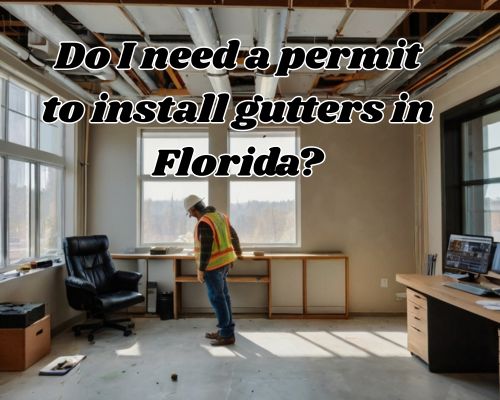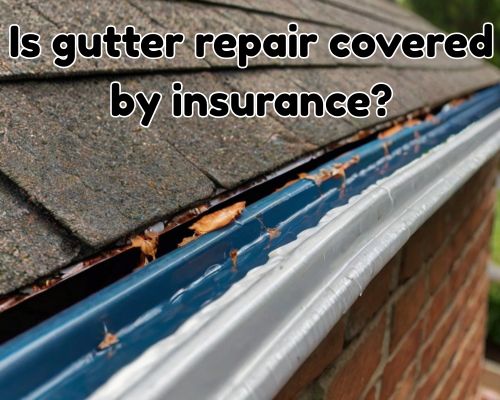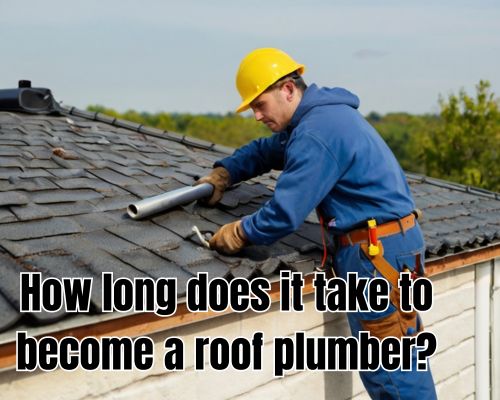
Do I Need a Permit to Install Gutters in Florida? | West Palm Beach Homeowner’s Guide Do I Need a Permit to Install Gutters in Florida? | West Palm Beach Homeowner’s Guide
If you’re considering installing new gutters in West Palm Beach, Florida, you’ve probably asked yourself a key question: Do I need a permit to install gutters in Florida? It might seem like a simple home improvement project, but Florida’s building regulations—especially in Palm Beach County—have a few caveats you don’t want to overlook.

With Gutters Of West Palm Beach, we’ll dive into the Florida Building Code, local permit requirements, and what West Palm Beach homeowners specifically need to know before making changes to their rain gutter systems. We’ll also explore why permits matter, potential penalties, and how licensed gutter contractors help you navigate red tape without delays or fines.
Why Are Gutter Permits Even a Thing in Florida?
Gutters aren’t just accessories; they are a crucial part of your roofing system, especially in areas like West Palm Beach, which experience heavy rainfall, hurricane seasons, and high humidity. Improperly installed gutter systems can lead to:
- Foundation erosion
- Water damage
- Mold and mildew issues
- Roof rot
- Code violations
In flood-prone areas like South Florida, local governments want to ensure that drainage and runoff are managed responsibly—hence, the permitting process.
The Short Answer: Yes, Sometimes You Do Need a Permit
The answer isn’t as straightforward as a yes or no—because in Florida, and particularly in Palm Beach County, permitting requirements vary by municipality and project scope.
In most cases:
- Replacing or repairing gutters on a like-for-like basis does not require a permit.
- Installing new gutter systems, particularly if structural changes are involved, might require one.
- Historic homes, HOAs, or multi-family properties may have stricter rules.
According to the Palm Beach County Planning, Zoning & Building Department, permits are generally required when a project affects drainage, load-bearing structures, or when the installation ties into roofline modifications. So, if your gutter installation includes custom fascia work, soffit replacements, or downspout rerouting, you’re likely in permit territory.
Local Ordinances: West Palm Beach’s Take on Gutter Permits
If you’re living in West Palm Beach, your local permitting process is governed by the City of West Palm Beach Building Division. Here’s what that means in practice:
- You must submit plans for any exterior modifications that alter drainage.
- Contractors must be licensed and insured to pull permits, see Gutters Of West Palm Beach.
- The city often requires a site inspection to ensure proper water runoff compliance.
- Gutter installations are expected to meet hurricane impact regulations, particularly with mounting brackets and downspout anchors.
For many residents, working with a local gutter installer familiar with West Palm Beach code will streamline this process and reduce friction.
What Happens If You Skip the Permit?
While it might be tempting to bypass permits for what seems like a small job, you’re risking more than just a slap on the wrist. Here’s what could go wrong:
- Fines and Stop-Work Orders: Building inspectors can issue citations or even halt your project mid-installation.
- Rework Costs: If work is found to be non-compliant, you may be required to remove and redo the installation—on your dime.
- Insurance Claim Denials: If damage occurs and the work wasn’t permitted, your home insurance may not cover related claims.
- Resale Nightmares: Non-permitted work shows up in inspections and can derail home sales or refinancing.
How Much Does a Gutter Permit Cost in West Palm Beach?
The City of West Palm Beach’s permit fees for gutter installations typically range between $50 and $200, depending on the scope of work. If your gutter installation is part of a larger roof replacement, it may be bundled into the existing roofing permit.
Also, keep in mind that if you’re in a special drainage district, there may be additional documentation or surveys required. For instance, homes near Clear Lake, Flamingo Park, or El Cid might fall under environmentally sensitive zones requiring extra scrutiny.
What Types of Gutter Work Usually Require a Permit?
Here’s a breakdown to help clarify when permits may apply:
| Type of Work | Permit Required? | Notes |
|---|---|---|
| Replacing existing gutters (same size & location) | Not usually | If no structural changes involved |
| Installing new seamless aluminum gutters | Possibly | Especially if new downspout placement changes drainage |
| Adding gutters to an un-guttered home | Likely | New system = new drainage pattern |
| Working on multifamily or commercial building | Yes | Must comply with zoning & code |
| Modifying fascia/soffits as part of gutter install | Yes | Affects structural elements |
| Historical district installation | Always | Requires design review & special approval |
Choosing the Right Contractor in West Palm Beach
Whether you’re in Downtown West Palm, Northwood Shores, or near the Intracoastal, choosing a licensed and insured gutter contractor is essential. Look for local installers with experience in:
- Pulling permits for Palm Beach County
- Code-compliant hurricane-rated installations
- Working with HOA or historical guidelines
- Providing warranties and cleanup guarantees
Many reliable gutter companies in West Palm Beach also offer permit handling services—a stress-free solution for homeowners.
Pro Tips Before You Start Your Gutter Project
- Contact Your Local Building Department: Always check with the City of West Palm Beach Permit Office before starting.
- Ask for Written Estimates That Include Permit Fees: Don’t get caught by surprise later.
- Ensure Contractor Licensing: Florida law requires gutter installers to be licensed under general or roofing contractor categories.
- Verify Code Compliance: Ask if they use hurricane straps, sealed joints, and corrosion-resistant fasteners.
- Schedule Inspections in Advance: Some installations require post-installation inspections, so plan accordingly.
Conclusion: Do I Need a Permit to Install Gutters in Florida?
Yes, you might. In West Palm Beach, Florida, whether or not you need a permit to install gutters depends on several factors including the scope of the job, the property type, and local zoning. While minor replacements may not require one, new installations or drainage-altering work likely will.
To stay compliant, avoid fines, and ensure long-term protection for your home, it’s best to consult with a licensed gutter professional who understands Palm Beach County’s permit requirements. Better yet, let them handle the paperwork, so you can focus on keeping your home dry and damage-free.
Local Resources:
- City of West Palm Beach Building Division
Website: wpb.org/government/building
Phone: (561) 805-6700 - Palm Beach County Planning, Zoning, and Building Department
Website: discover.pbcgov.org


